TL;DR:
- NYT alleges OpenAI & Microsoft infringed copyright through unapproved use of articles to train AI models like ChatGPT.
- OpenAI claims adherence to fair use standards; lawsuit’s outcome could set pivotal legal precedents around AI development.
- The NYT vs OpenAI copyright lawsuit underscores balancing act between enabling AI progress and protecting intellectual property rights.
The clash between media outlet The New York Times (NYT) and AI leaders OpenAI and Microsoft has erupted into a high-stakes legal confrontation that could reshape the artificial intelligence industry. Here are the crucial things to know about this unfolding drama:
The Core Allegation: Mass Copyright Infringement
The crux of the New York Times lawsuit against OpenAI and Microsoft is the claim that OpenAI used NYT’s copyrighted articles without permission to train AI systems like ChatGPT. These AI bots then regurgitated NYT content in responses to users, amounting to unauthorized reproduction. NYT is seeking substantial damages that could total billions.
OpenAI’s Defense: Fair Use and Compliance
OpenAI rejects claims that its practices violate copyright law. The company asserts it collaborates appropriately with publishers to access news content. OpenAI also argues its AI platforms operate within legal bounds of fair use guidelines regarding copyrighted material.
Claims of Hacking ChatGPT
In a counter attack on the NYT’s claims, OpenAI has accused the publication of “hacking ChatGPT” by using deceptive prompts that violated OpenAI’s terms of service. These prompts were allegedly used to generate misleading evidence to support NYT’s copyright lawsuit. This hacking claim adds further complexity and controversy to an already contentious legal dispute.
The Quest to Set Legal Precedents
This high-profile legal skirmish is poised to set pivotal precedents governing AI development. With questions around copyright and AI training unresolved, the case’s outcome could establish standards regarding usable content that shape the industry’s future.
Impact Across News and Tech Sectors
The effects of this case stretch far beyond the concerned parties. It highlights the obstacles content creators face preserving ownership rights as generative AI progresses. Meanwhile, AI firms may need to overhaul approaches to third-party data usage.
Striking the Right Balance
This dispute illuminates the complex balancing act between furthering AI innovation that captivates public imagination and ensuring creators’ intellectual property rights aren’t engulfed by emerging technologies. Constructive solutions are needed to encourage progress without creative works being compromised.
NYT vs OpenAI Case Prompts Debate On Innovation And Intellectual Property
As the war of words between legal titans intensifies, the reverberations may recalibrate vital copyright boundaries in the age of artificial intelligence. With accusations and counterarguments volleyed, a courtroom showdown looms that could fundamentally reshape the AI landscape.
The clash between NYT, OpenAI, & Microsoft over copyright infringement sparks a legal showdown in the AI industry. What will this mean for innovation & IP rights? #NYT #OpenAI #Microsoft #CopyrightLawsuit Share on X
Frank Wilson is a retired teacher with over 30 years of combined experience in the education, small business technology, and real estate business. He now blogs as a hobby and spends most days tinkering with old computers. Wilson is passionate about tech, enjoys fishing, and loves drinking beer.

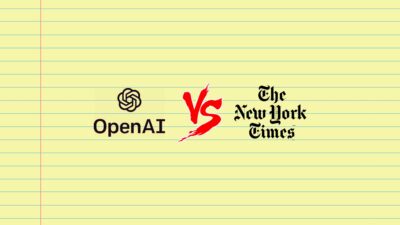








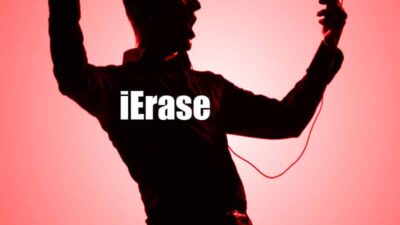
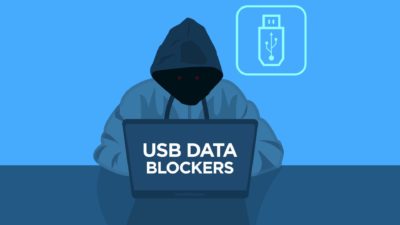
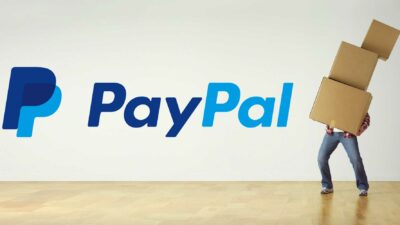


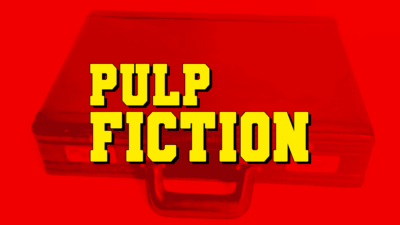




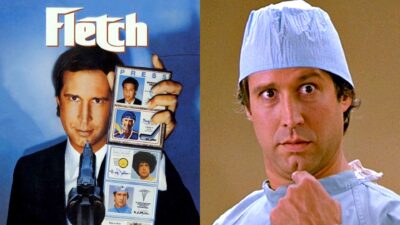
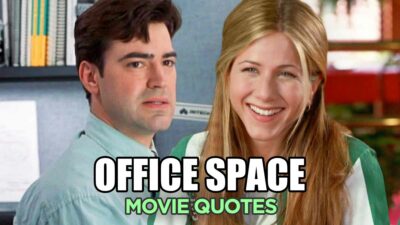
 Nexstar Sees Distribution Strength Despite Q4 2023 Revenue Decline
Nexstar Sees Distribution Strength Despite Q4 2023 Revenue Decline
Leave a Reply